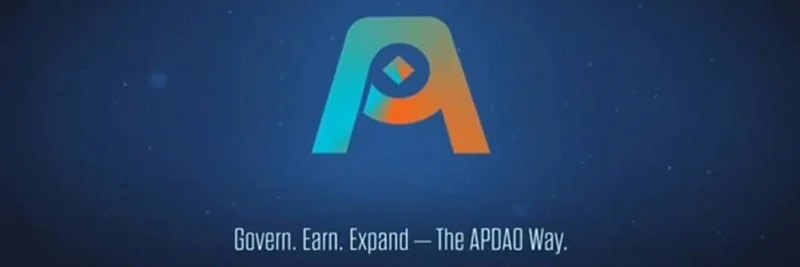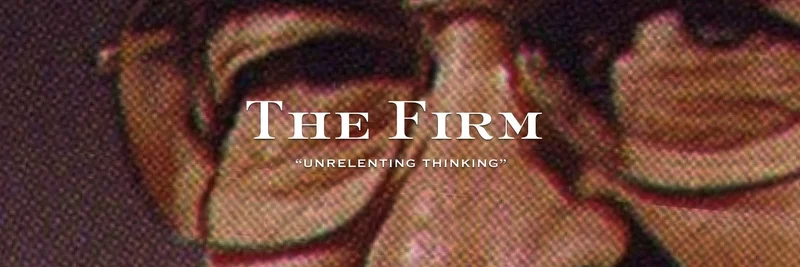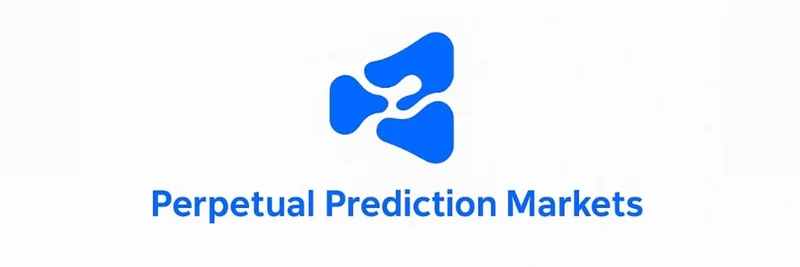The world of blockchain and cryptocurrency is always buzzing with new ideas, and one recent tweet from Dean The Machine (@_Dean_Machine) has caught the attention of many in the crypto community. Posted on August 8, 2025, at 14:08 UTC, the tweet simply states: “Reputation and DAOs go hand in hand. Keep track of proposers and even better track of the ones who execute the decisions”. Accompanied by a hilarious meme of a smug purple frog wearing a Bitcoin medallion, this post has sparked curiosity about how reputation systems can enhance Decentralized Autonomous Organizations (DAOs). Let’s break it down and explore what this could mean for the future of crypto governance!
What Are DAOs, Anyway?
For those new to the scene, a DAO is like a digital club or company that runs on blockchain technology. It’s governed by code and community votes rather than a central authority. Think of it as a group of people coming together online to make decisions—whether it’s funding a project or managing assets—using smart contracts. Popular examples include Gitcoin, which supports open-source developers, and MakerDAO, which stabilizes the DAI stablecoin.
The Role of Reputation in DAOs
Dean’s tweet highlights a key idea: reputation can be a game-changer for DAOs. Traditionally, many DAOs rely on token ownership to determine voting power—more tokens, more say. But what if someone holds a lot of tokens but doesn’t contribute meaningfully? That’s where reputation comes in. A reputation-based system tracks how active and effective someone is within the DAO, like how often they propose good ideas or follow through on tasks.
For instance, if you’re a proposer (someone who suggests new ideas or projects), your reputation could grow based on how well your proposals are received. Similarly, executors—those who carry out the decisions—could earn a stronger reputation by delivering results. This approach shifts the focus from just owning tokens to actually participating, creating a more merit-based system.
Why Track Proposers and Executors?
Dean’s emphasis on tracking both proposers and executors is a smart one. In a DAO, proposals are the lifeblood of progress—new features, funding requests, or rule changes all start here. But if no one executes those decisions, the DAO stalls. By monitoring both roles, the community can reward those who contribute meaningfully and hold underperformers accountable. Imagine a leaderboard of top contributors—kind of like a crypto version of a video game achievement system!
This idea aligns with real-world examples. Platforms like Colony use reputation systems to incentivize contributions, while Aragon offers tools to manage DAO governance. Dean’s suggestion could push these platforms to integrate more detailed tracking, making DAOs more efficient and transparent.
The Meme Connection
Now, let’s talk about that purple frog! The accompanying image, captioned “BECAUSE I DIDN’T SELL”, is a playful nod to the meme coin culture that thrives in the crypto space. Meme coins like Dogecoin or Shiba Inu often rely on community hype, and this frog—decked out in a Bitcoin chain—seems to celebrate holding onto crypto rather than cashing out. At Meme Insider, we love how memes can bridge serious topics like DAO governance with the fun side of crypto. Could this be a hint that reputation systems might also apply to meme coin communities? It’s an intriguing thought!
The Bigger Picture
Dean’s tweet comes at a time when DAOs are evolving. According to recent insights from Rapid Innovation, hybrid governance models—combining tokens and reputation—are gaining traction. This could mitigate risks like decision paralysis or lack of expertise, making DAOs more robust. As of 11:10 PM JST on August 8, 2025, the crypto community is buzzing about how these ideas might shape the future of decentralized governance.
What’s Next?
So, what does this mean for you? If you’re a blockchain enthusiast or practitioner, keeping an eye on reputation-based DAOs could be a smart move. It’s a chance to get involved early, contribute to projects, and build your own reputation in the space. At Meme Insider, we’ll keep you updated on how this trend develops, blending the latest tech news with the quirky world of meme coins.
What do you think about Dean’s idea? Drop your thoughts in the comments, and let’s keep the conversation going!




